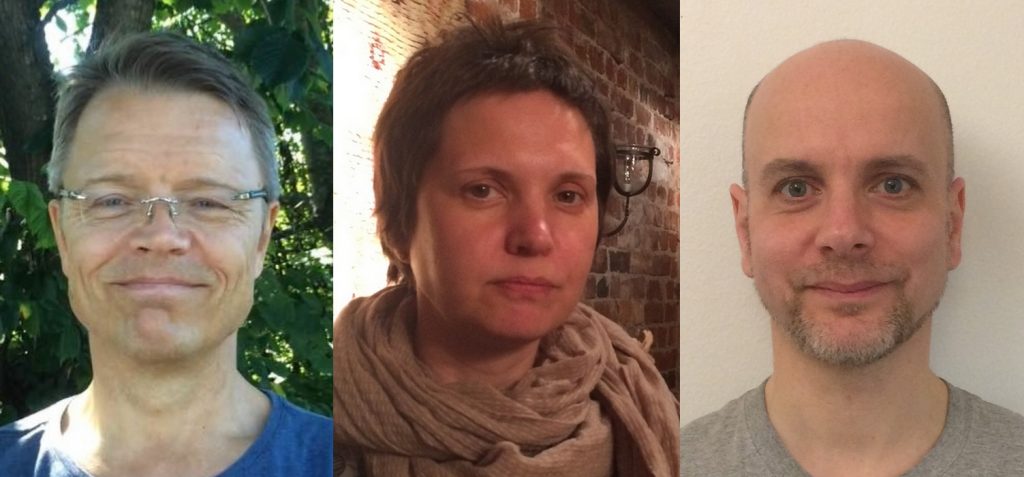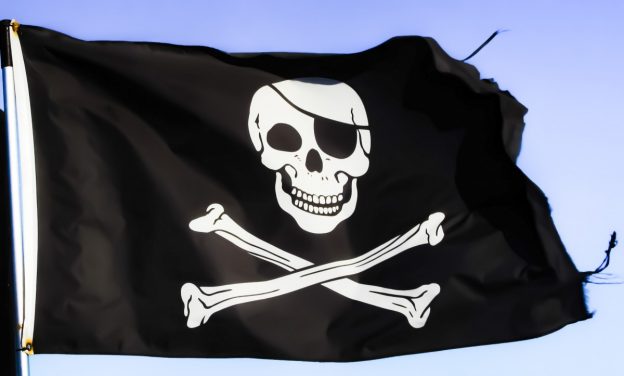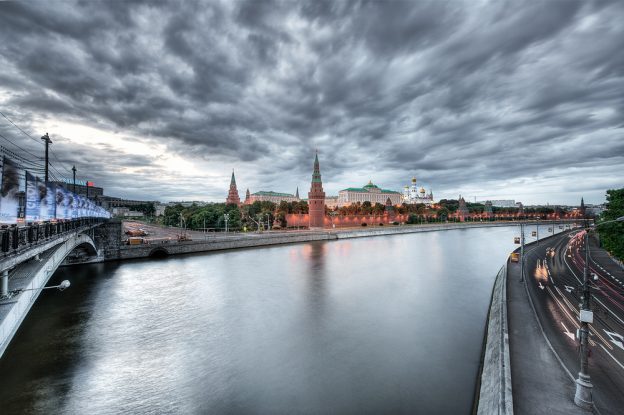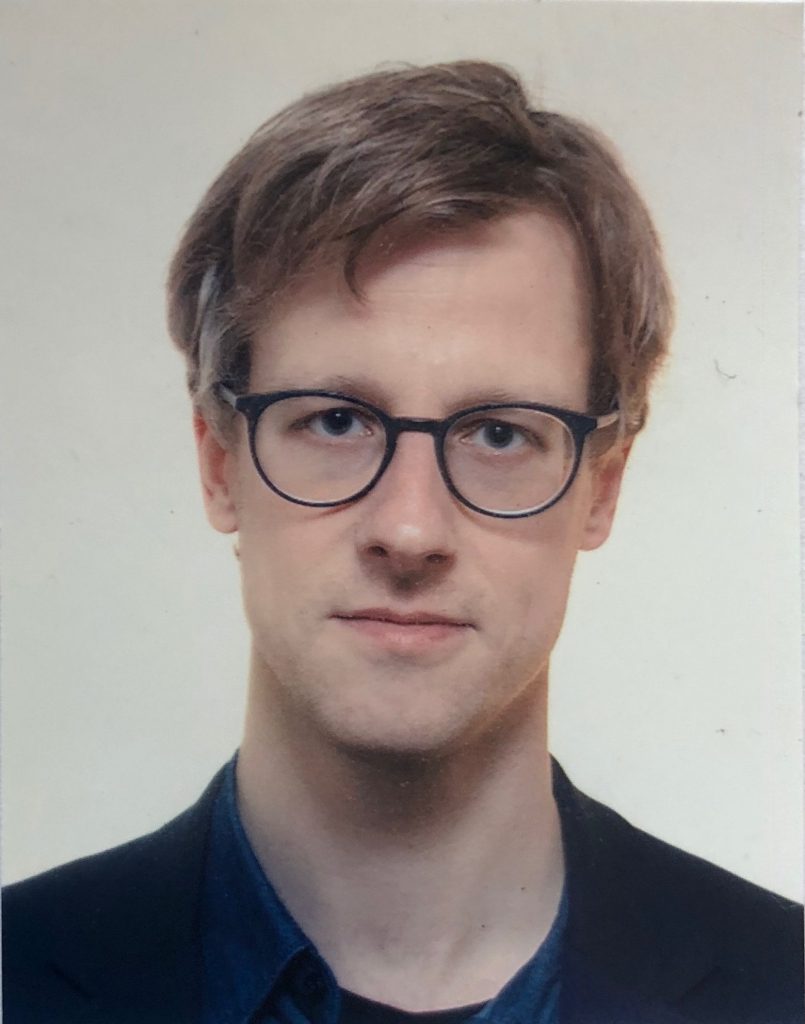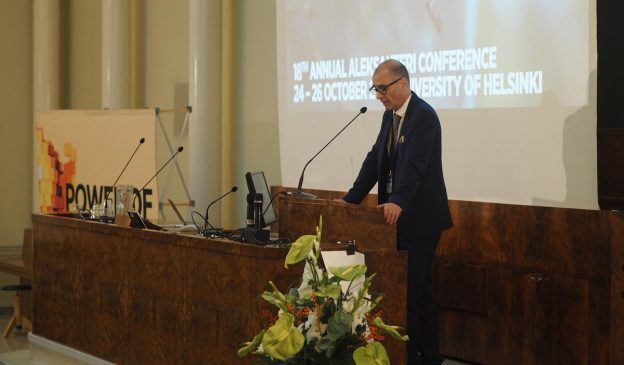by Janne Suutarinen
Professor Markku Lonkila (University of Jyväskylä, Finland) along with Larisa Shpakovskaya (HSE, Russia) and Philip Torchinsky (independent researcher) have studied the Russian government’s measures of bringing Runet under tighter control after the social media -fueled protests in the beginning of 2010’s. The adoption of new regulations was followed by increasing punishments toward certain Runet users, and now the oppositional voices online are quite muffled.
What is the evolution of Runet and its present state of affairs seen from the viewpoint of state control?
The protest wave in Russia 2011–2013 completely changed the Kremlin’s attitude towards social media. Before the protests the Kremlin had counted on the control of nationwide TV channels, and Russian-language section of the internet had been practically free from regulation.

